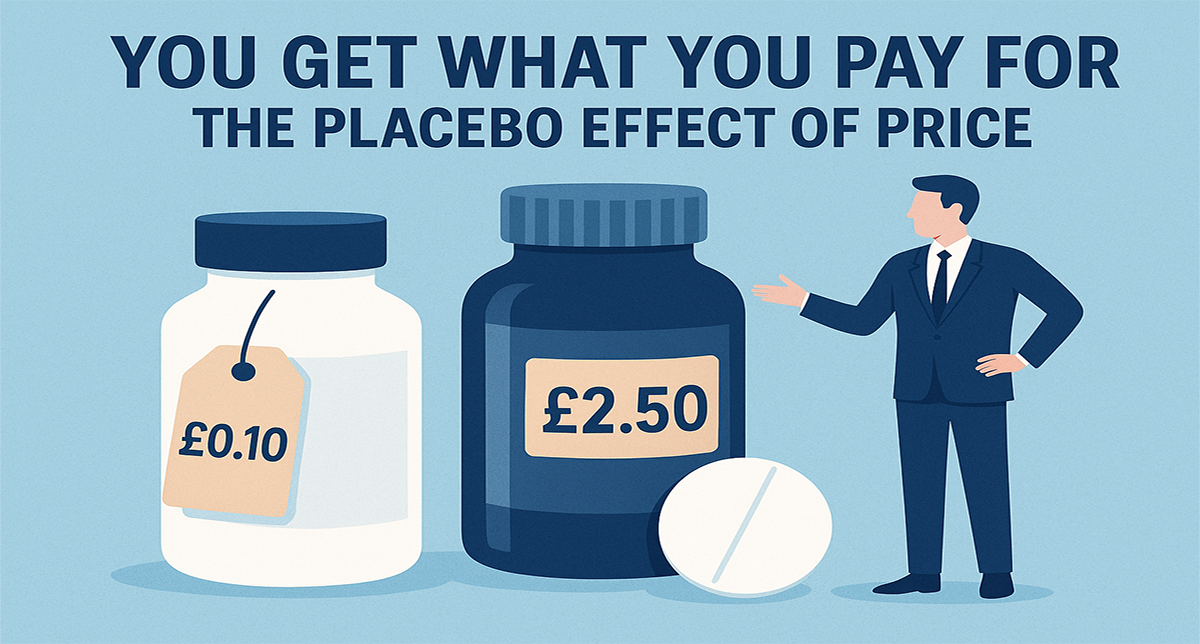Automation bias refers to specific errors shoppers make in highly automated decision making contexts, when many decisions are handled by automated aids (e.g. when the checkout operative scans your numerous items and the till just tells you the total cost, discounts and offers factored in too). This bias occurs when the brain of the shopper is only there to monitor on-going tasks. Errors occur when the shopping brain does not notice an automated decision aid failure (e.g. when the checkout fails to pick up on a special offer).
There are three main factors that lead to automation bias:
- First, the human tendency to choose the easiest mental approach to decision-making.
- Second, the tendency of humans to view automated aids as having an analytical ability superior to their own.
- Third, the tendency of humans to reduce their own effort when sharing tasks, either with another person or with an automated aid.
With bricks and mortar stores and online becoming ever more automated, you need to provide shoppers with trustworthy links between automation and your sustainability initiatives to ensure they are free to safely employ this bias. If your store/brand/website or sustainability activity is too hard to think about, they might well go elsewhere.
So how do you address automation bias?
Communicate trust at all stages
The more shoppers who trust your sustainability messages communicated using automation, the more they will be happy to apply automation bias, ergo the more they will like your brand.
Address any errors quickly and effectively
We’ve all seen it, sustainability promotion, that turns into nothing more than ‘greenwashing’. Such marketing is a sure-fire way to lose the trust of shoppers. So go beyond just avoiding anything that might be perceived as automated greenwashing. Reassure shoppers throughout your automated processes.
Make it easier
Analyse the purchase process and see whether in the current day and age, you can introduce automation that will make a sustainable item easier to buy. Washed, prepared and bagged vegetables are easier to prepare and consume, but they are much less environmentally friendly than loose produce. How can automation enhance sustainability as opposed to compete with it?
In summary, automation bias can be a good thing for sustainability; as long as it works and is trusted by shoppers. Lose the trust, lose the shoppers!

.jpg)




